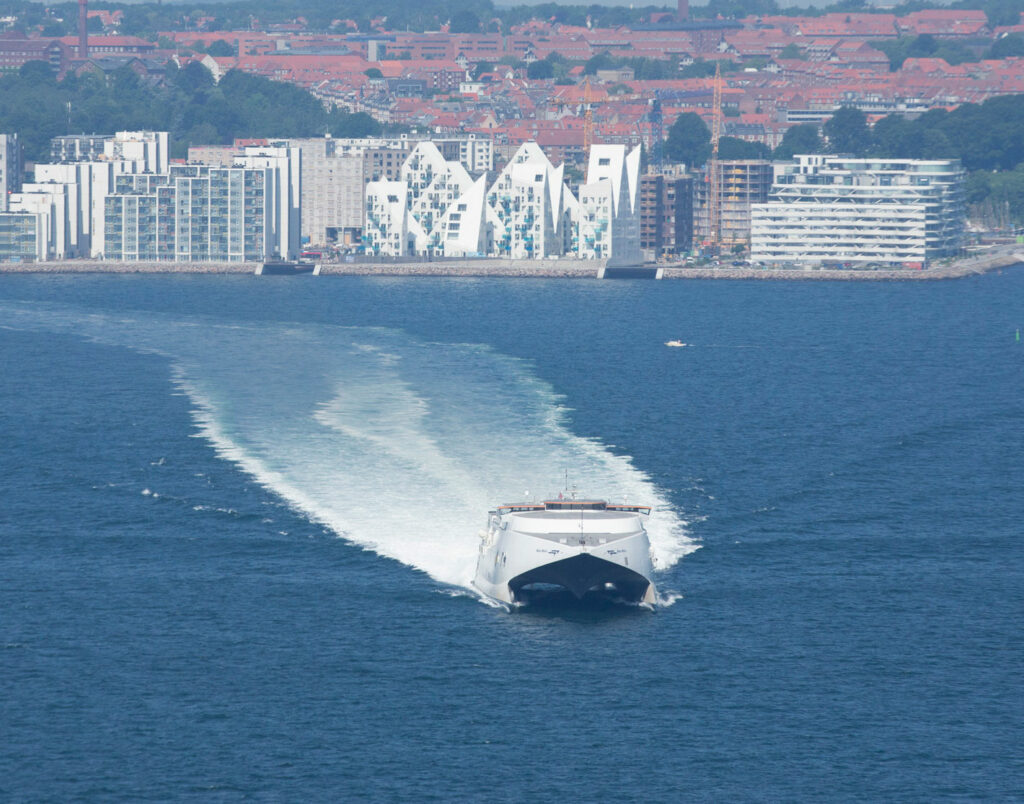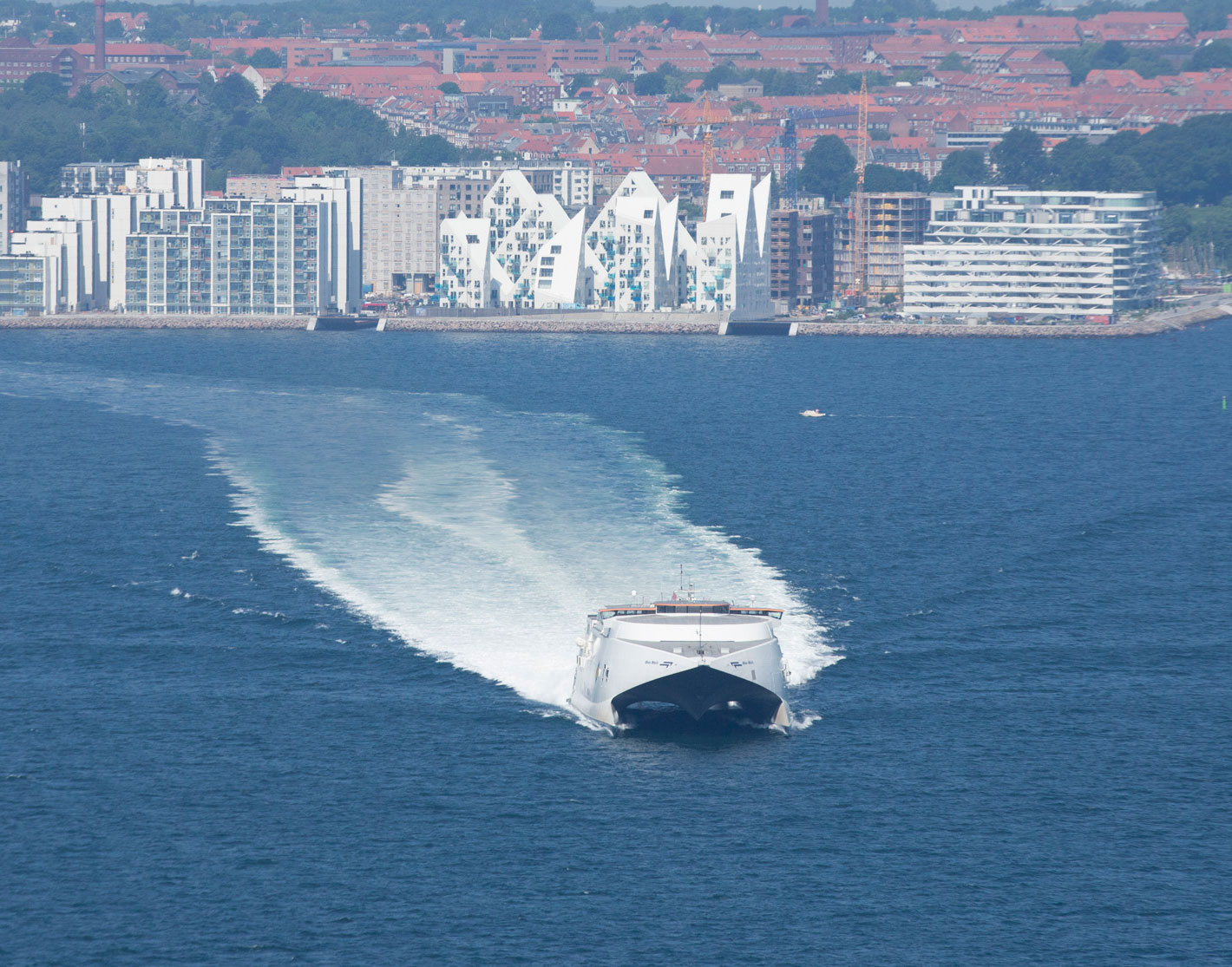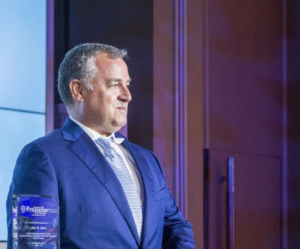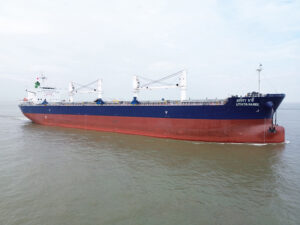
The Danish based but worldwide active ferry operator Molslinjen has sold its oldest fast ferry “Max”, and the ferry will continue operate in the Mediterranean when she will be taken over by the new owners at the end of 2024.
The company states that the reason for the sale must be found in the CO2 taxes, which force the shipping company to slow down the speed of the ferry on Kattegat.
High taxes on CO2 from both the EU and Denmark have led to Molslinjen selling the fast ferry “Max”.
The “Max” is the smallest and oldest fast ferry owned by Molslinjen, and she was built at the Australian Incat shipyard in Tasmania with delivery in the summer of 1998.
In addition to sailing on the Kattegat and Bornholm, Molslinjen has also operated the fast ferry on the routes North Sydney – Port Aux Basques (Canada), Riga – Stockholm and Portsmouth – Caen (English Channel). .
The ferry has been a large part of the turn around that Molslinjen experienced in 2011, where the focus on larger ferries from Aarhus got the shipping company on the right course.
Since 2018, Max has operated as a high-capacity ferry on the Bornholm route between Rønne and Ystad, but here it was recently replaced by Express 1.
“Max” is now in the harbor in Ebeltoft, where it is kept ready for deployment on the Kattegat in case of technical challenges on one of the other ferries.
The Molslinjen has initiated the green transition with investments in electric ferries on the way to Samsø and Als routes, plus the company has deployed electric ferries on the Fanø route with the Øresund route having ferries with some of the world’s largest ferry batteries charged with completely green electricity.
Molslinjen’s managing director, Kristian Durhuus, explains that “We have to recognize that our plans for sailing with four fast ferries on the Kattegat cannot be put together when we are subject to large taxes from the EU and at home at the same time that we are experiencing sharply increasing labor costs.
“Now comes the turn to the Kattegat, which could become the world’s largest and most ambitious electrification project for ferries to date. So, while we are hit by taxes, our hope is that the politicians remember their promise of help for the transition through the green support pools.”
Source: Molslinjen



